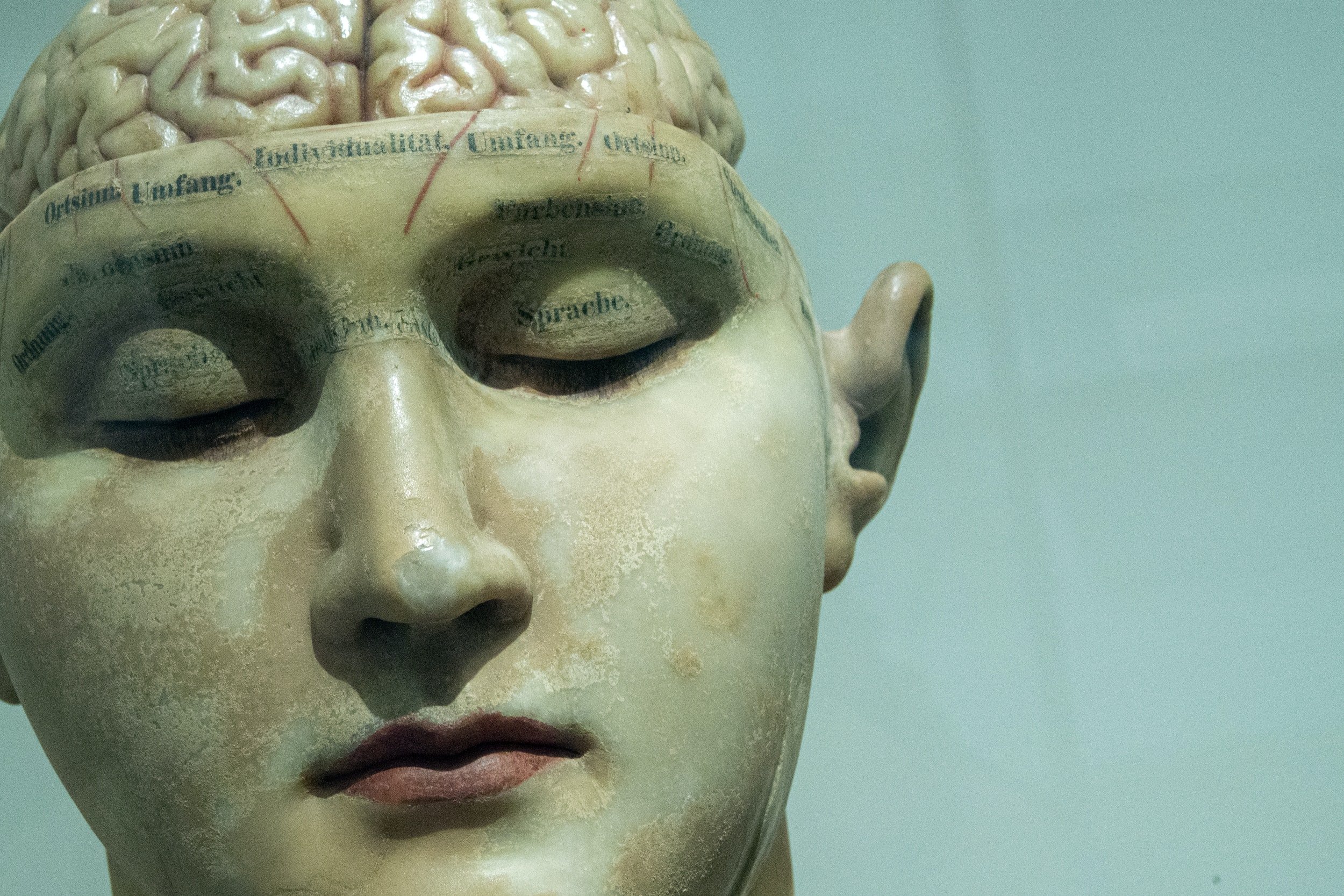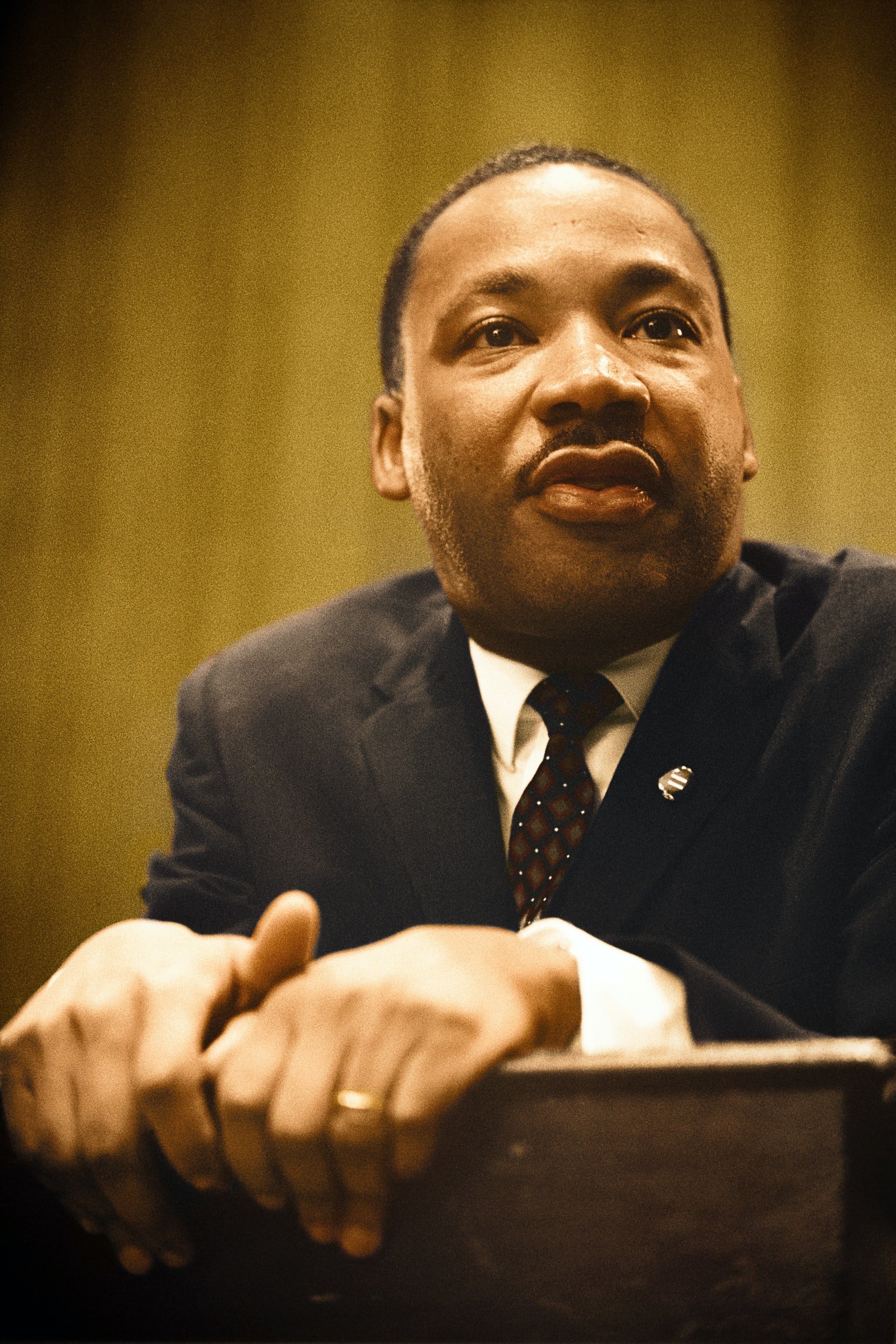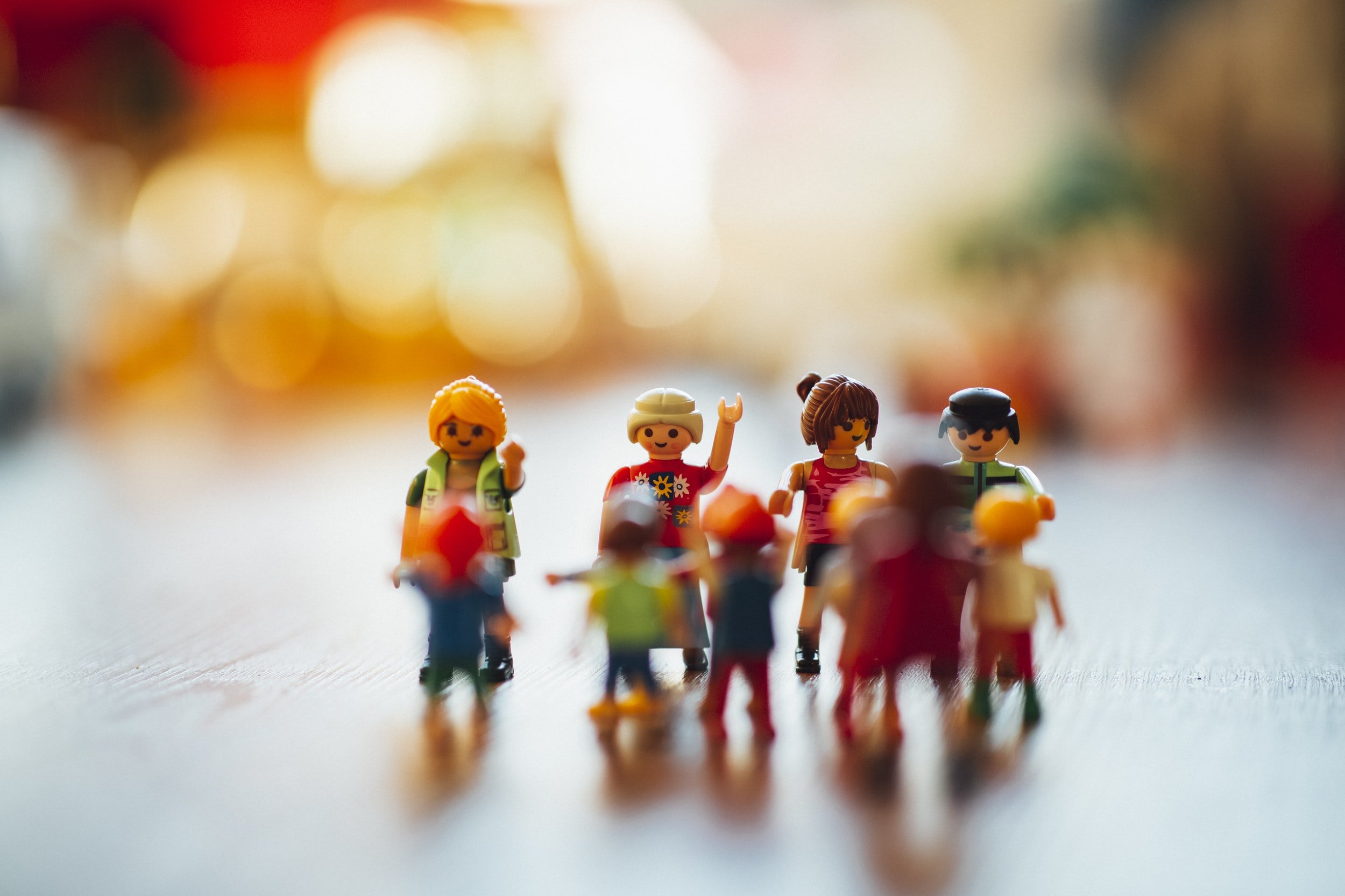
WHAT’S YOUR SPARK? – A THERAPISTS REFLECTION ON PIXAR’S SOUL
As a therapist, I see mental health everywhere. I can’t help it, it’s pretty much automatic at this point. I recently watched Pixar’s SOUL and I absolutely loved it because the main character Joe and his journey through the movie speaks to the lived experience of so many people. There were so many parts of the movie that stood out to me and how much they embodied the human experience. If you haven’t watched the movie…. spoilers ahead!

THE MIND BODY CONNECTION
We are learning more and more about how our mind and bodies are intertwined. Our emotional experiences also include an element of physical experiences. When we are angry we can feel the blood rushing to our face and that overwhelming heat. When we are shocked we can feel the blood draining away from our face and we feel a chill. When we experience anxiety our belly flip flops. When we are excited we can feel our heart racing. Our emotions live in our body and it’s really cool to know how connected our body and mind are! Using this knowledge we can learn how to regulate our body when we are feeling overwhelmed or depressed, or simply in our day to day routine. The more we connect with the physical experience of emotions (as opposed to dissociated from it), the more present we can be in each moment.

PANDEMIC BURNOUT
It’s been a year. A whole damn year. WTF.
I’m tried. Are you tired? Of course, you are, we all are. Everyone is drained. Every single person across the globe has been impacted by this pandemic. Some have lost family and friends to the virus, other have lost their livelihood, homes, and important milestones. No one has been left unscathed. Some have been impacted more severely than others and the lockdown rules highlight inequality in our society. We have been forced to face several harsh truths. We have had little to no reprieve from this harsh reality, so it is such a shock that we are al burnt out?

WHAT IS SAFETY
When we talk about safety, we are not talking about feeling calm, relaxed, and comfortable. As humans, we are looking for safety and will make choices that get us closer to that and further away from threat or danger. Safety does not always translate to “feeling good” and does not always guarantee that someone is calm or relaxed when experiencing a sense of safety.

TEACHING YOUR CHILD ABOUT MENTAL HEALTH
We want to be there for our children and help them as they grow so that they can become healthy adults. Teaching how to look after mental health is an important skill for children to learn and encompasses a lot of other life skills as well. Children who have high emotional intelligence will be better equipped to work through life’s challenges and can recognize when they are struggling before they reach a crisis. Here are 9 ways you can help your child learn how to look after their mental health.

THE PEOPLE PLEASER STRUGGLE
Do you find yourself in situations where despite recognizing that you need to take time for yourself you end up agreeing to supporting or doing something for someone? Maybe people refer to you as being “too nice” and it may feel difficult to assert your needs. It can be hard for someone with people pleasing habits to recognize what they are doing because they have been this way from a young age. The patter can be difficult to identify because it shapes how we relate to the world.

PURPOSEFUL JOY
Living through a pandemic is going to have lasting effects on the collective mental health of the world’s population. It was a heavy year last year, and we still have a long way to go before getting to the other side of this. Sometimes it can be hard to remember times when we were not steeped in uncertainty. It can be hard to let go of our stress and we can often find ourselves drifting in our thoughts even when you are trying to relax. It can help to try and make space for both emotions.

SELF-FORGIVENESS AND SELF-COMPASSION
Forgiveness is a complicated subject and it is something many people struggle with. It can be hard to let go of a past hurt and to start working towards building trust with the other person who caused the hurt. What’s interesting is that we are often quicker to forgive others then ourselves. We can hold on to anger, frustration, and resentment towards ourselves much longer then we do when it comes to others who have caused us pain. Why is it so hard to give ourselves kindness and compassion? I know that for myself that it can be hard to allow my heart to open up and give compassion and kindness to myself, so self-forgiveness can sometimes feel impossible.

LESSONS ON ACCEPTANCE FROM THE LION KING
Hakuna Matata
What a wonderful phrase
Hakuna Matata
Ain’t no passing craze
It means no worries
For the rest of your days
It’s our problem-free philosophy
Hakuna Matata

MARTIN LUTHER KING DAY
January 18th was Martin Luther King Day in the United States. Even as a Canadian, I think it is incredibly important to observe this day and reflect on how much we still have to work on when it comes to systemic racism and racial inequality. The last year shone a bright light on the glaring injustices that continue to take place in our society towards black individuals and the black community. Then on January 06, 2021 when domestic terrorist stormed the Capitol buildings in Washington, we very clearly saw how white supremacy is not a thing of the past but a very real ideology held by many people today. These racial injustices have a very clear impact on mental health and mental wellbeing. In 1967 Dr. King made a speech to psychologists with the American Psychological Association in Washington and when I read his speech, it was striking to realize how much it resonates with the current state of the world in 2021.

HEY BELL! WE NEED TO TALK
On January 28th, it was “Bell Let’s Talk” Day, and in the past we have posted about how Bell was a trailblazer in bringing attention to the reality of mental health and destigmatizing mental illness. Well this year, Bell, we are going to have a different conversation. We are going to talk about YOU and some glaring issues that need to be addressed. I have talked a bit about systemic oppression, discrimination, and racism, and Bell, seriously, we need to talk.

CHALLENGING YOUR INNER CRITIC
We all have that cruel voice in our head whose sole purpose seems to be telling us how stupid we are. “No one likes me” “I am such a loser” “I never do anything right” “Of course I would screw up, it’s the only thing I am good at”. We are so harsh to ourselves, the things we say to our inner self we wouldn’t dare say to anyone else.

I'LL DO IT LATER
From the time we are young and into adulthood, we learn about the importance of routine, structure, and organization. We divide up our days to make sure that we are able to accomplish the necessary tasks of the day and keep on top of projects that we need to complete. Always striving to be on top of our responsibilities so we don’t fall behind because we know that could have negative consequences, and yet there are days where we are sitting on the couch and think to ourselves, “I can do that later”. This is a moment that every human has had at least once in their life (or in my case several times a week). Heck, I even thought that before writing this post. We justify this delay in many ways, either by doing another task (e.g. cleaning your pantry, organizing your closet, or cooking an elaborate and heathy dinner), this way we feel justified in our choice. We may say to ourselves “I have enough time tomorrow” or “I’ll work better under pressure anyways” (I tell myself the second one all the time).

UNDERSTANDING AND ACCEPTING YOUR PARENTS
Our parents play a huge role in our development and our relationship with them will inform how we develop relationships outside of our family. Even in a “perfect” childhood (which doesn’t exist by the way), our parents will disappoint us and we form beliefs about them as a result.

IT'S OK TO QUIT
There are times where I know that I have given something my all. I’ve done everything I can to try to make it work, to get better, and to succeed and yet I am still met with failure at the end of it all. I want to quit with every fiber of my being, but I don’t, because we have been taught that quitting is akin to losing. That it is a sign of weakness to quit and if we just keep trying then we will eventually reach our goal. At least that is what every self-help book I read seems to be preaching to me. I’m not a huge fan of self-help books and one of the reasons is this “NO QUITTING” attitude. Sometimes it is okay to give yourself to permission to quit. It is healthy even.

INTERPERSONAL PSYCHOTHERAPY
CBT (Cognitive Behaviour Therapy) is the most commonly known therapy, and for good reason, it has been backed by years of research and has shown to be effective for a variety of mental health concerns. That being said there are many other forms of therapy that are just as, if not more, effective. Interpersonal Psychotherapy (IPT) was developed by Gerald Klerman and Myrna Weissman in the 1970’s along the same time as CBT. Both treatments were shown to be effective in the treatment of depression and have also shown efficacy in other treatment areas.

SOLUTION FOCUSED THERAPY
Therapy is a broad term that encompasses many different type of approaches and it can be hard to keep up with all the different models. We though it would be helpful to provide a brief breakdown of the different therapies we work from so that you are better informed when making the decisions to start therapy. We have previously talk about CBT, DBT, ACT, and today we will be going in to Solution Focused Therapy (SFT).

Acceptance and Commitment Therapy
There are so many different models of therapy and sometimes it can be overwhelming to try and figure out which would be the best fit for you. This is something that you will explore with your therapist in the early stages of your therapy sessions. It can be helpful to familiarize yourself with the different therapy approaches that your therapist is trained to help you determine what would work best for you. We have had done blog posts on DBT and CBT, which are more commonly known therapy approaches. Today we will focus on Acceptance and Commitment Therapy or ACT.

PRIDE MONTH
June marks the celebration of Pride in Canada, a time of the month to honor the history and adversities that LGBTQ individuals have faced, as well as to celebrate the courage and diversity of the LGBTQ community. This year many in the LGBTQ community have choosen to show solidarity by forgoing Pride celebrations to instead protest the injustices faced by the Black people in our community. Many people may not be aware but Pride was started by Marsha P. Johnson, a Black trans woman who of was one of the activists who lead the 1969 Stonewall riots. The protests began in 1969 when the police raided the New York City Stonewall Inn in 1969. Homosexuality was illegal in most states and business could be shut down if employees or patrons were gay. Stonewall Inn was a known refuge for the LGBTQ community back then. After the raid the community decided to push back and protested, with Johnson playing a key role.

NATIONAL INDIGENOUS DAY
On June 21st is an incredibly important day to celebrate Indigenous culture, language and history. It is also a day to acknowledged the injustice the Indigenous people have faced and continue to face in Canada. This past month we have seen people come together to speak out against the systemic oppression and injustice’s that Black, Indigenous, and People of Colour, face in our communities, both locally and nationally.